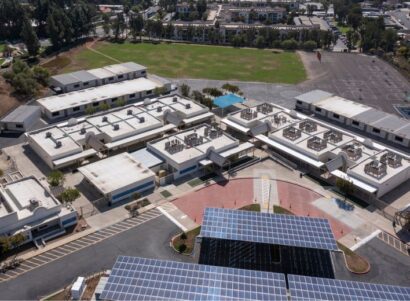Excerpt
To the extent that they are technically and economically feasible, risk reduction technologies that mitigate adverse health outcomes should be deployed. However, reviewing the public health aspects of the development of the shale gas industry requires more than merely gesturing to technological improvements that lack empirical data on their effectiveness in the real world. The optimism that fail-safe engineering solutions can ensure safe shale gas development may result more from a triumph of marketing than a demonstration of experience.
Public Health England’s draft report thoroughly assesses the peer reviewed scientific literature on the public health implications of extracting shale gas.(1) It accurately presents the problems of air and water quality,(2 3 4 5) and it correctly recognizes that many uncertainties surround the public health implications of extracting shale gas. The review was rigorous in its presentation of the evidence, but there are problems with its conclusions.

 Study
Study






